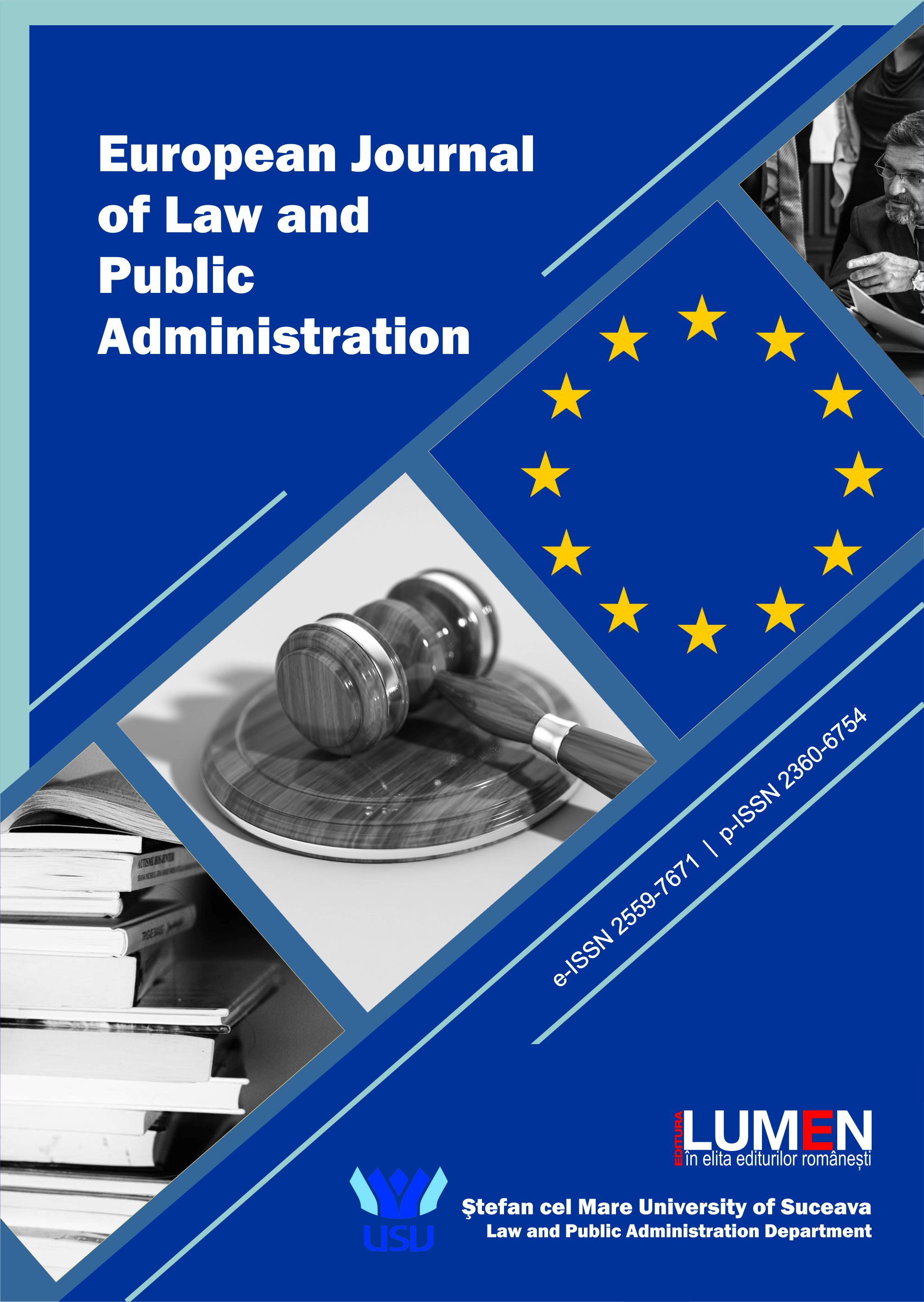Plurilingualism and Cultural Openness in the Study of Foreign Languages at European University Level
Plurilingualism and Cultural Openness in the Study of Foreign Languages at European University Level
Author(s): Daniela Cătău-VereșSubject(s): Law on Economics, Sociology of Education, Sociology of Law
Published by: Editura Lumen, Asociatia Lumen
Keywords: European language policy; multilingualism; plurilingualism; foreign languages; university; innovative programs, students; best practices; language skills; cultural openness;
Summary/Abstract: EU language policy promotes and supports multilingualism, and implicitly the plurilingualism, as fundamental principles to foster interpersonal communication and cultural openness between European citizens, eliminating the idea of a single and dominant communication language. The European Council from Barcelona established the European goal of language policy in March 2002, aiming at improving the basic language skills of European citizens, by teaching at least two foreign languages from a very early age. In this respect, the European non-linguistic higher education, and thus the Romanian, must meet the challenges of the EU linguistic policy, through innovative educational programs that encourage multilingualism among students, university teachers and researchers. As evidenced by some best practice examples of some universities in France and Britain, this major European objective contribute to improve the image of the internationalization of universities and scientific media attracting foreign students from different parts of the world.
Journal: European Journal of Law and Public Administration
- Issue Year: 6/2019
- Issue No: 1
- Page Range: 180-186
- Page Count: 6
- Language: English

